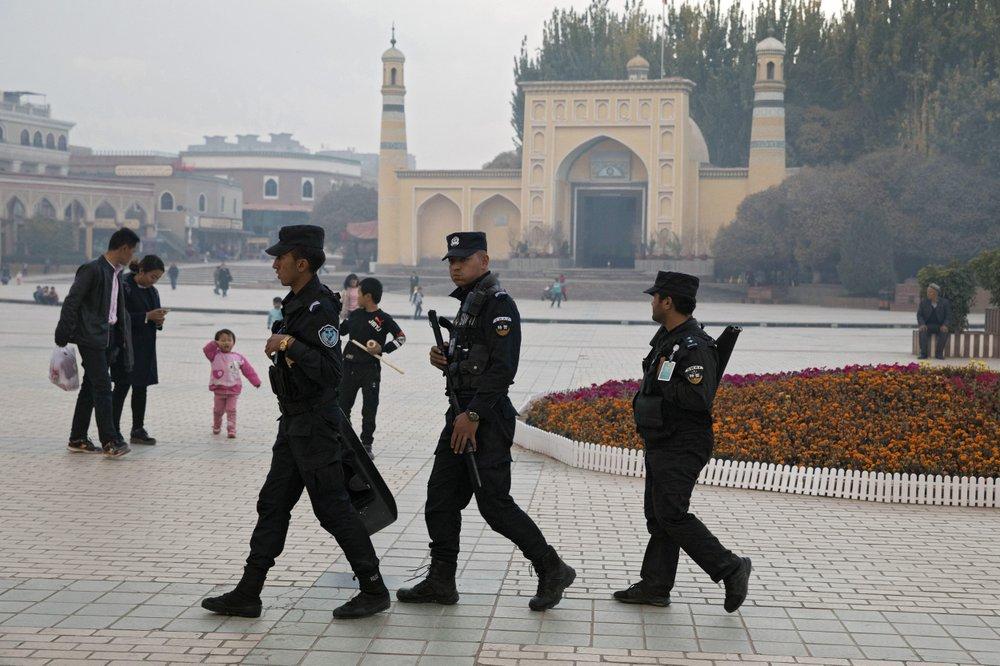The passage of a bill opposing the Chinese regime’s human rights suppression of Uyghurs and other Muslim minorities in the northwestern region of Xinjiang has drawn an angry response from Beijing.
This comes less than a week after President Donald Trump’s signing of two bills supporting the pro-democracy movement in Hong Kong prompted a similarly strong reaction from the regime.





